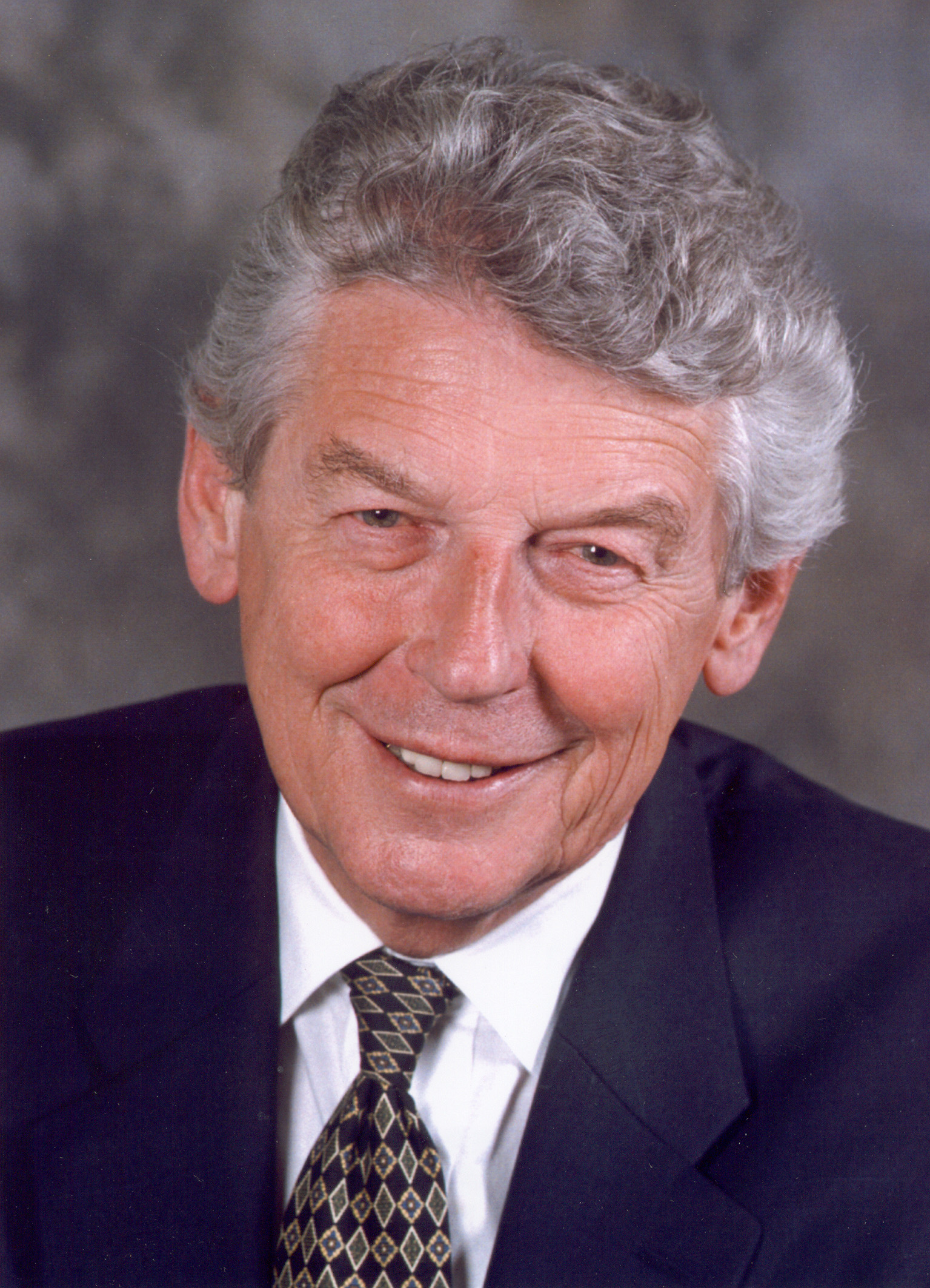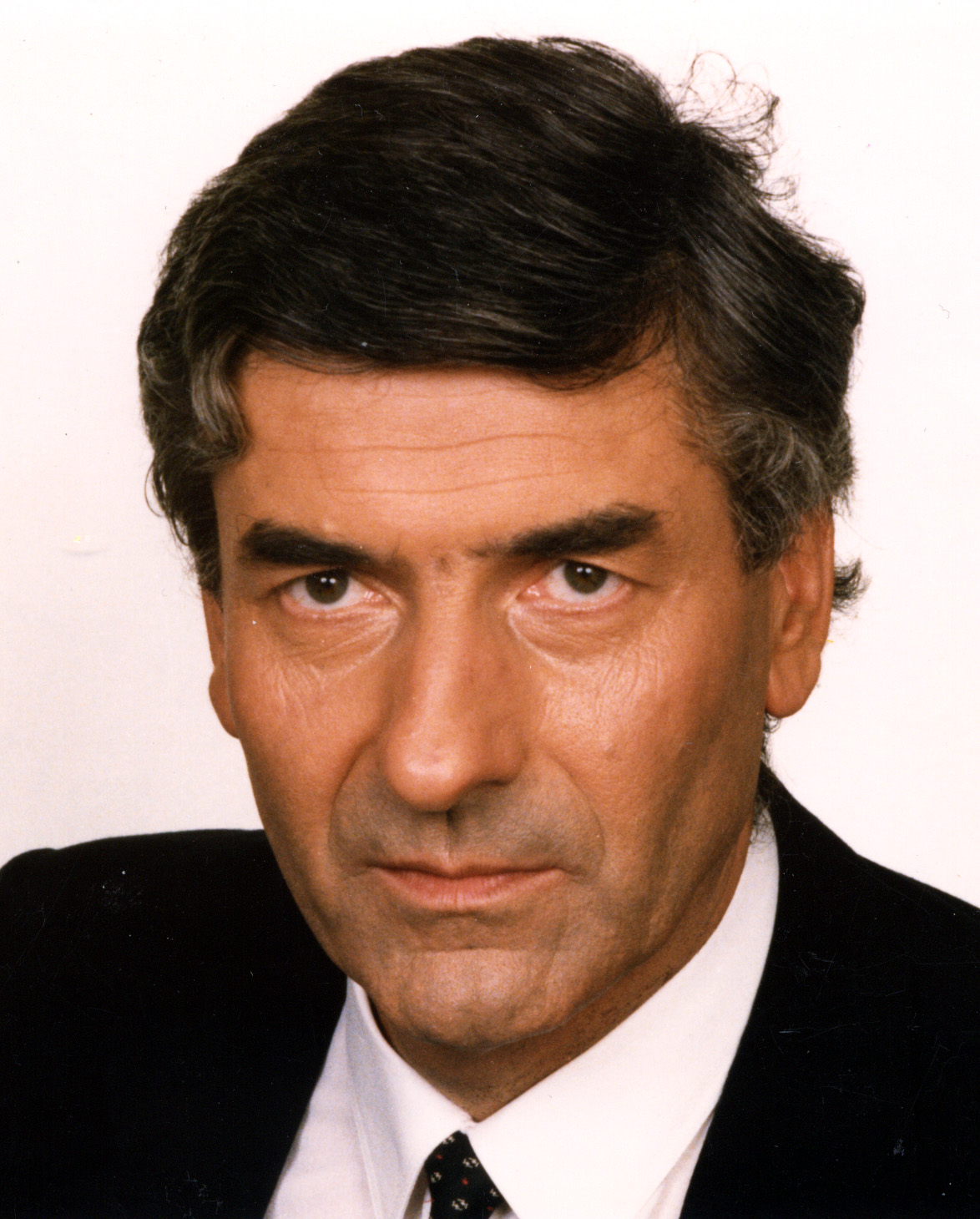|
GroenLinks Politicians
GroenLinks (, ) is a green political party in the Netherlands. It was formed on 1 March 1989 from the merger of four left-wing parties: the Communist Party of the Netherlands, the Pacifist Socialist Party, the Political Party of Radicals and the Evangelical People's Party, which shared left-wing and progressive ideals and earlier co-operated in Regenboog-coalition for the 1989 European Parliament election. After disappointing results in the 1989 and 1994 general elections, the nascent party fared particularly well in the 1998 and 2002 elections. The party's leader at that time, Paul Rosenmöller, was seen as the unofficial Leader of the Opposition against the First Kok cabinet, a purple government. The party's number of seats fell from 10 to 4 seats in the 2012 election, before increasing to 14 in 2017 and falling to 8 in 2021. The party failed to enter the cabinet in 2017 and 2021-2022. A merger with the Labour Party is currently under discussion. GroenLinks describes ... [...More Info...] [...Related Items...] OR: [Wikipedia] [Google] [Baidu] |
Jesse Klaver
Jesse Feras Klaver (born 1 May 1986) is a Dutch politician serving as a member of the House of Representatives since 2010 and Leader of GroenLinks since 2015. Prior to this, he chaired the youth union of the Christelijk Nationaal Vakverbond from 2009 to 2010. Early life Jesse Feras Klaver was born on 1 May 1986 in Roosendaal. His father has a Riffian- Moroccan background and his mother has a mixed Dutch and Indonesian background.Calvinist en er goed uit zien (in Dutch), ''''. He grew up in a social housing project without the presence of his father. His grandparents played a large role in his upbringing. Between 1999 and 2004, he attended the ... [...More Info...] [...Related Items...] OR: [Wikipedia] [Google] [Baidu] |
Global Greens
The Global Greens (GG) is an international network of political parties and movements which work to implement the Global Greens Charter. It consists of various national Green political parties, partner networks, and other organizations associated with green politics. Formed in 2001 at the First Global Greens Congress, the network has grown to include 76 full member parties and 11 observers and associate parties as of May 2022, so a total of 87 members. It is governed by a 12-member steering committee called the Global Greens Coordination, and each member party falls under the umbrella of one of four affiliated regional green federations. The day-to-day operations of the Global Greens are managed by the Secretariat, led by Global Greens Convenors Bob Hale and Gloria Polanco since 2020. History The world's first green parties were founded in 1972. These were in the Australian state of Tasmania (the United Tasmania Group) and in New Zealand (the Values Party). Others followed quickl ... [...More Info...] [...Related Items...] OR: [Wikipedia] [Google] [Baidu] |
1998 Dutch General Election
General elections were held in the Netherlands on 6 May 1998.Dieter Nohlen & Philip Stöver (2010) ''Elections in Europe: A data handbook'', p1396 , they mark the last time a government headed by the Labour Party (PvdA) has been elected, or that that party won the popular vote and the most seats in the House of Representatives. Introduction During the 1998 election the purple coalition of social-democrats and liberals (left and right) fortified its majority. Both the social-democratic PvdA and the conservative liberal VVD won considerably, much at the cost of their junior partner in cabinet, the progressive liberal D66. Political observers attributed the win to the economic performance of the coalition, including reduction of unemployment and the budget deficit, steady growth and job creation combined with wage freezes and trimming of the welfare state, together with a policy of fiscal restraint. [...More Info...] [...Related Items...] OR: [Wikipedia] [Google] [Baidu] |
1994 Dutch General Election
General elections were held in the Netherlands on 3 May 1994. Dieter Nohlen & Philip Stöver (2010) ''Elections in Europe: A data handbook'', p1396 The Labour Party emerged as the largest party, winning 37 of the 150 seats in the House of Representatives.Nohlen & Stöver, p1414 The election resulted in significant losses for both the Labour Party and the Christian Democratic Appeal. The two liberal parties, People's Party for Freedom and Democracy and Democrats 66 made large gains, whilst two pro-elderly parties and the Socialist Party all passed the electoral threshold to win seats. The formation of a government coalition was arduous but after four months the First Kok cabinet was formed. It was an unprecedented coalition of the two liberal parties and Labour. The CDA was consigned to opposition for the first time in its history. It was also the first government since 1918 not to include a Christian Democratic party. Results By province References Further reading *Irw ... [...More Info...] [...Related Items...] OR: [Wikipedia] [Google] [Baidu] |
1989 Dutch General Election
General elections were held in the Netherlands on 6 September 1989.Dieter Nohlen & Philip Stöver (2010) ''Elections in Europe: A data handbook'', p1396 The Christian Democratic Appeal (CDA) remained the largest party, winning 54 of the 150 seats in the House of Representatives.Nohlen & Stöver, p1414 This chamber served for 4 years and 7 months, the longest tenure of any modern Dutch parliament. Following the elections, the CDA formed a coalition government with the Labour Party with the CDA's Ruud Lubbers continuing as Prime Minister. Results By province References {{Dutch general elections General elections in the Netherlands Netherlands ) , anthem = ( en, "William of Nassau") , image_map = , map_caption = , subdivision_type = Sovereign state , subdivision_name = Kingdom of the Netherlands , established_title = Before independence , established_date = Spanish Netherl ... 1989 elections in the Netherlands 1989 in the Netherlands September 1989 event ... [...More Info...] [...Related Items...] OR: [Wikipedia] [Google] [Baidu] |
1989 European Parliament Election In The Netherlands
The 1989 European Parliament election in the Netherlands was the election of MEP representing Netherlands constituency for the 1989–1994 term of the European Parliament. It was part of the wider 1989 European election. It was held on 15 June 1989. Ten parties competed in a D'Hondt type election for 25 seats. Background Combined lists Several parties combined in one list to take part in this European Election and increase their chance on a seat in the European Parliament. These combined lists are: # Rainbow of CPN and PSP, PPR # SGP, RPF and GPV Electoral alliances No lists formed an electoral alliance Voting right All Dutch, everywhere in the world were granted voting rights this election. Except for the Dutch living in the Netherlands Antilles and Aruba, because they can vote for the Estates of the Netherlands Antilles. However, if the subject lived for 10 years or longer in the Netherlands they can still vote for the European Elections. These people got right ... [...More Info...] [...Related Items...] OR: [Wikipedia] [Google] [Baidu] |
Left-wing Politics
Left-wing politics describes the range of Ideology#Political%20ideologies, political ideologies that support and seek to achieve social equality and egalitarianism, often in opposition to social hierarchy. Left-wing politics typically involve a concern for those in society whom its adherents perceive as disadvantaged relative to others as well as a belief that there are unjustified inequalities that need to be reduced or abolished. Left-wing politics are also associated with popular or state control of major political and economic institutions. According to emeritus professor of economics Barry Clark, left-wing supporters "claim that human development flourishes when individuals engage in cooperative, mutually respectful relations that can thrive only when excessive differences in status, power, and wealth are eliminated." Within the left–right political spectrum, ''Left'' and ''right-wing politics, Right'' were coined during the French Revolution, referring to the seat ... [...More Info...] [...Related Items...] OR: [Wikipedia] [Google] [Baidu] |
Netherlands
) , anthem = ( en, "William of Nassau") , image_map = , map_caption = , subdivision_type = Sovereign state , subdivision_name = Kingdom of the Netherlands , established_title = Before independence , established_date = Spanish Netherlands , established_title2 = Act of Abjuration , established_date2 = 26 July 1581 , established_title3 = Peace of Münster , established_date3 = 30 January 1648 , established_title4 = Kingdom established , established_date4 = 16 March 1815 , established_title5 = Liberation Day (Netherlands), Liberation Day , established_date5 = 5 May 1945 , established_title6 = Charter for the Kingdom of the Netherlands, Kingdom Charter , established_date6 = 15 December 1954 , established_title7 = Dissolution of the Netherlands Antilles, Caribbean reorganisation , established_date7 = 10 October 2010 , official_languages = Dutch language, Dutch , languages_type = Regional languages , languages_sub = yes , languages = , languages2_type = Reco ... [...More Info...] [...Related Items...] OR: [Wikipedia] [Google] [Baidu] |
List Of Political Parties In The Netherlands
This article lists political parties in the Netherlands, which has a multi-party system with numerous political parties, in which any one party has little chance of gaining power alone, and parties often work with each other to form coalition governments. The lower house of the legislature, the House of Representatives, is elected by a national party-list system of proportional representation. There is no threshold for getting a seat, making it possible for a party to get a seat with only two-thirds percent of the vote—roughly one seat for every 67,000 votes. No party has won a majority of seats since the election of 1894, Dieter Nohlen & Philip Stöver (2010) ''Elections in Europe: A data handbook'', p1412 and no party has even approached the seats needed for a majority since the current proportional representation system was implemented in 1918. All Dutch governments since then have been coalitions between two or more parties. However, there is a broad consensus on the ... [...More Info...] [...Related Items...] OR: [Wikipedia] [Google] [Baidu] |
States-Provincial
The provincial council (, PS), also known as the States Provincial, is the provincial parliament and legislative assembly in each of the provinces of the Netherlands. It is elected for each province simultaneously once every four years and has the responsibility for matters of sub-national or regional importance. The number of seats in a provincial council is proportional to its population. The provincial councils originated as Estates assemblies in the Middle Ages, hence the name 'States Provincial'. From 1813 to 1850, the noble members of the ''ridderschap'' chose one-third of the members of the provincial councils. Johan Rudolf Thorbecke's reforms and his 'Provinces Law' (''Provinciewet'') of 1850 brought this privilege to an end. The provincial council chooses the provincial executive, which is the executive organ of the province. Originally, the States Provincial themselves also had executive powers and chose the provincial executive from among their own members. On 11 ... [...More Info...] [...Related Items...] OR: [Wikipedia] [Google] [Baidu] |
Utrecht
Utrecht ( , , ) is the List of cities in the Netherlands by province, fourth-largest city and a List of municipalities of the Netherlands, municipality of the Netherlands, capital and most populous city of the Provinces of the Netherlands, province of Utrecht (province), Utrecht. It is located in the eastern corner of the Randstad conurbation, in the very centre of mainland Netherlands, about 35 km south east of the capital Amsterdam and 45 km north east of Rotterdam. It has a population of 361,966 as of 1 December 2021. Utrecht's ancient city centre features many buildings and structures, several dating as far back as the High Middle Ages. It has been the religious centre of the Netherlands since the 8th century. It was the most important city in the Netherlands until the Dutch Golden Age, when it was surpassed by Amsterdam as the country's cultural centre and most populous city. Utrecht is home to Utrecht University, the largest university in the Netherlands, as well as seve ... [...More Info...] [...Related Items...] OR: [Wikipedia] [Google] [Baidu] |






.jpg)